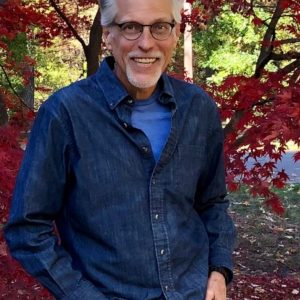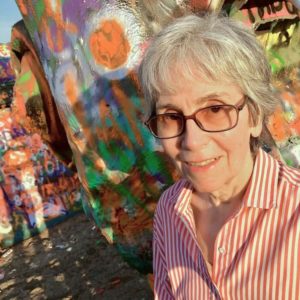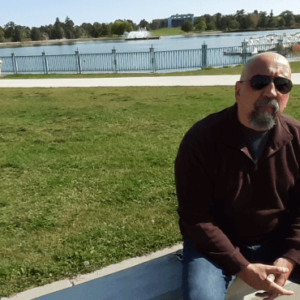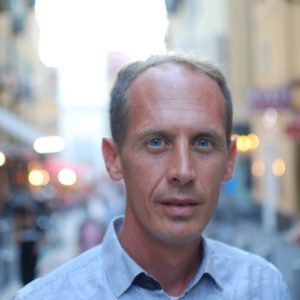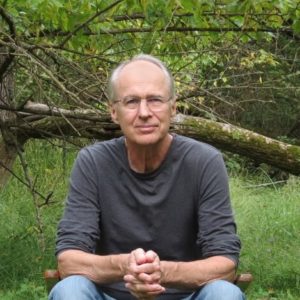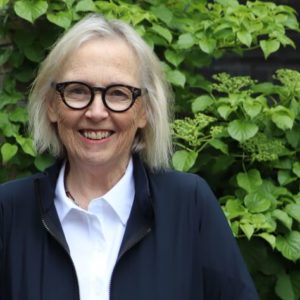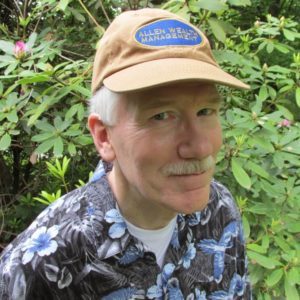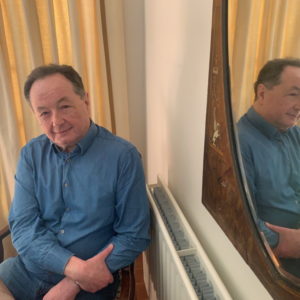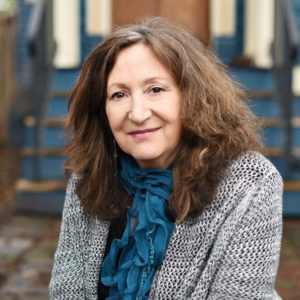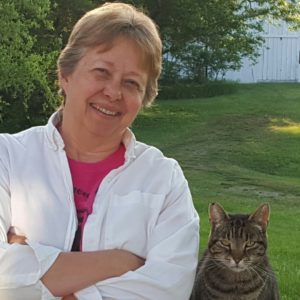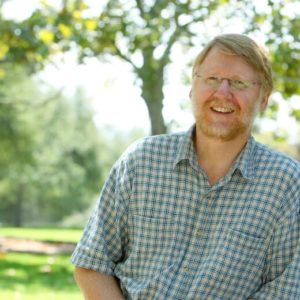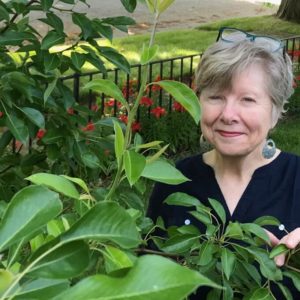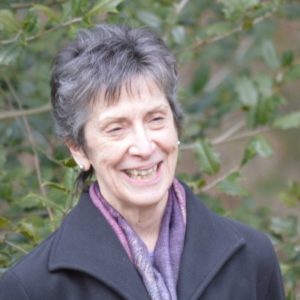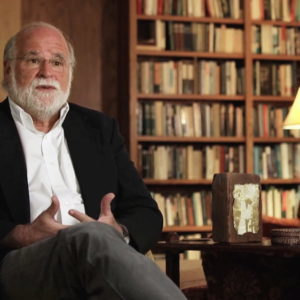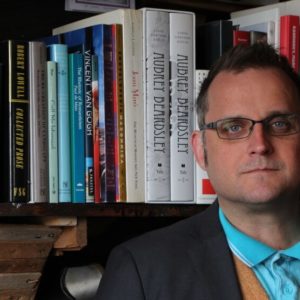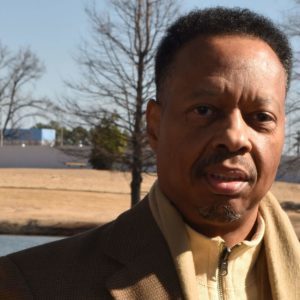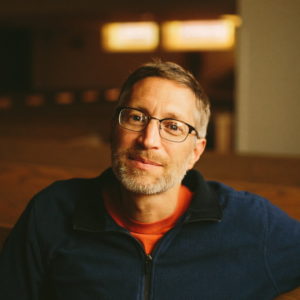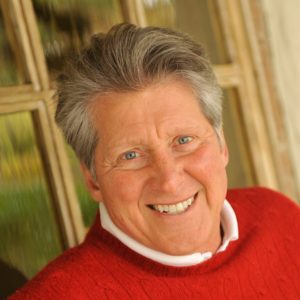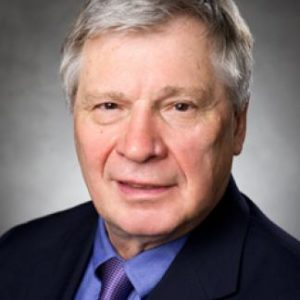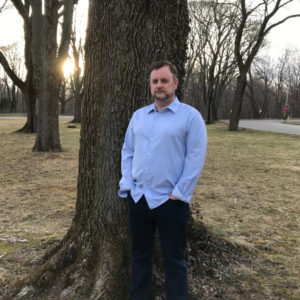
The Voices We Listen To: Q&A with Tom Noyes
Even as a kid, I remember reading stories and being enamored not only by the characters, plots, and settings but also by the notion that there was a personal presence behind the telling, that someone out there, some author, had first imagined into being what I as the reader was now imagining into being. As much as I loved reading, this idea of being the first imaginer was something that I always aspired to, and I was lucky as a young writer to have had many good teachers—from elementary school all the way up through my graduate programs—who cultivated this aspiration.

